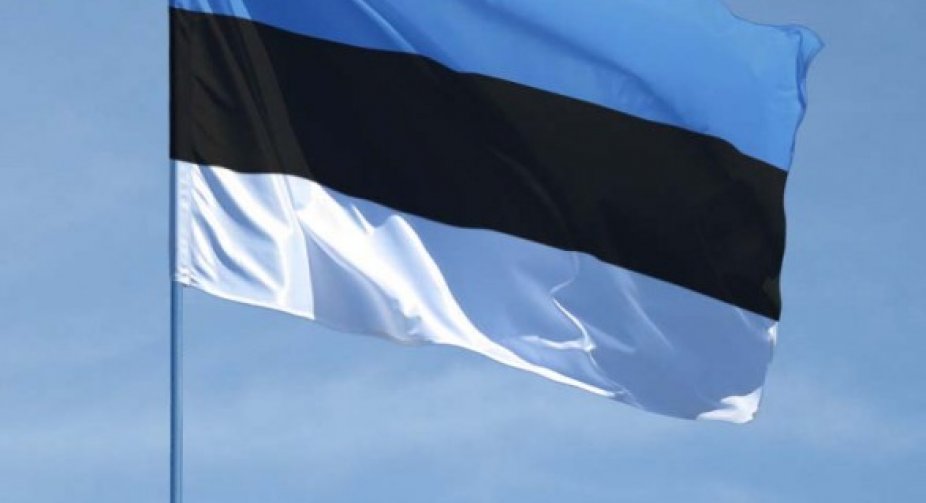Estonian border guards began to actively monitor the use of Rashist symbols that support the war against Ukraine, and, if necessary, to cancel the visas of violators. This was reported by ERR.
The Estonian Police and Border Guard Board does not allow public display of St. George's ribbons and other symbols used in the war against Ukraine, such as the Latin letters "Z" and "V."
Several violators, as of April 8, had had their visas revoked.
"We pay attention to various things: the letter "Z", St. George's ribbons, elements of Russian army uniforms. Such things always attract our attention and lead to the fact that the owner of such symbols is sent for additional inspection and a conversation is held with him. In the course of this conversation we figure out how he will be dealt with further," said the head of the border post in southeastern Estonia, Peter Maran.
It should be noted that earlier the Estonian government agreed to amend the Penitentiary Code of the country, which provides administrative responsibility for public display of Russian symbols and criminal punishment for aiding in the war on the side of Russia against Ukraine.






